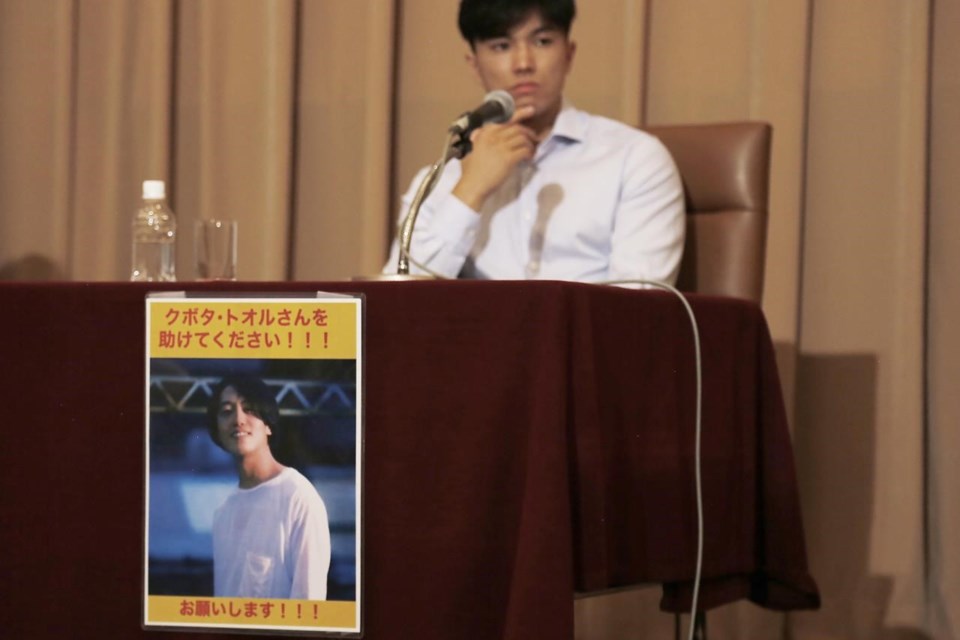BANGKOK (AP) — A court in military-ruled Myanmar on Wednesday convicted a Japanese journalist of violating immigration law, adding three years to the seven-year prison sentence he was handed last week for filming an anti-government protest, a Japanese diplomat said.
Toru Kubota, a Tokyo-based documentary filmmaker, was arrested on July 30 by plainclothes police in Yangon, the country’s biggest city, after taking images and videos of a small flash protest against last year's military takeover.
He was sentenced last week to seven years for violating the electronic transactions law and three years for incitement, with the sentences to be served concurrently.
Tetsuo Kitada, deputy chief of mission of the Japanese Embassy, told The Associated Press the court heard the immigration case Wednesday and gave Kubota a three-year sentence, bringing the total time he must serve in prison to 10 years.
Since the military seized power last year, ousting the elected civilian government of Aung San Suu Kyi, it has cracked down on coverage of protests, raided media companies and detained dozens of journalists. It has revoked the media licenses of at least 12 outlets and 142 journalists have been arrested, 54 of whom remain detained.
Most of those detained are being held on the incitement charge for allegedly causing fear, spreading false news, or agitating against a government employee.
Some of the closed media outlets have continued operating without a license and many Myanmar journalists are working underground, moving from one safe house to another, hiding in remote border regions, or basing themselves in exile.
Kubota was the fifth foreign journalist detained in Myanmar after the military seized power. U.S. citizens Nathan Maung and Danny Fenster, who worked for local publications, and freelancers Robert Bociaga of Poland and Yuki Kitazumi of Japan were eventually deported before having to serve full prison sentences.
Kitada said he could not speculate on whether Kubota would be deported, but his embassy will continue to do its best for his release. Myanmar’s relations with Japan, historically close, are less strained than with Western nations, which ostracize the military government with political and economic sanctions because of its takeover and poor human rights record.
The Associated Press



